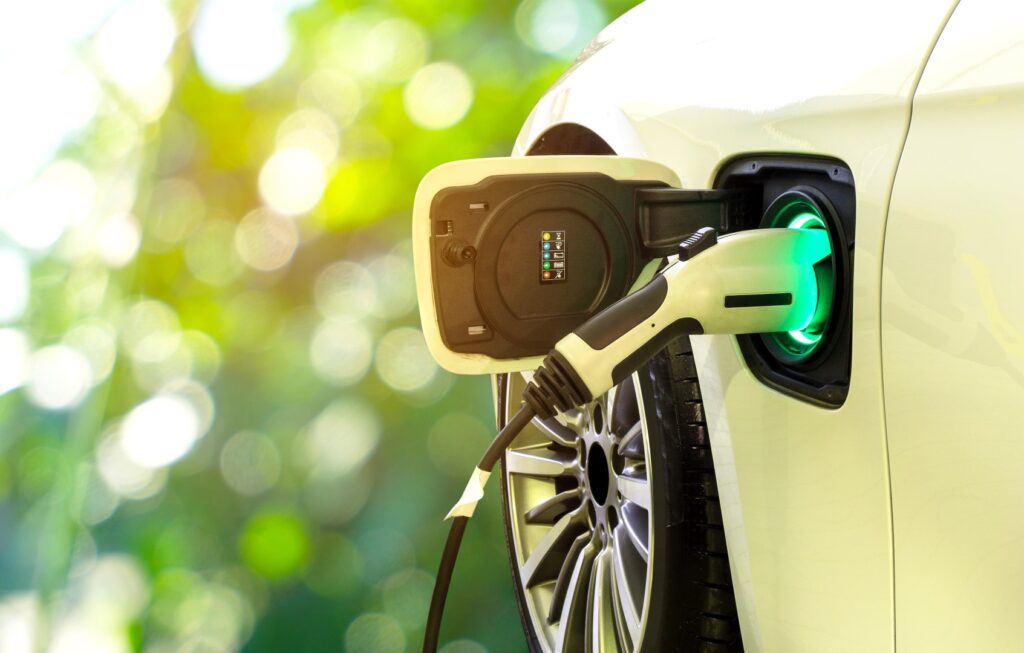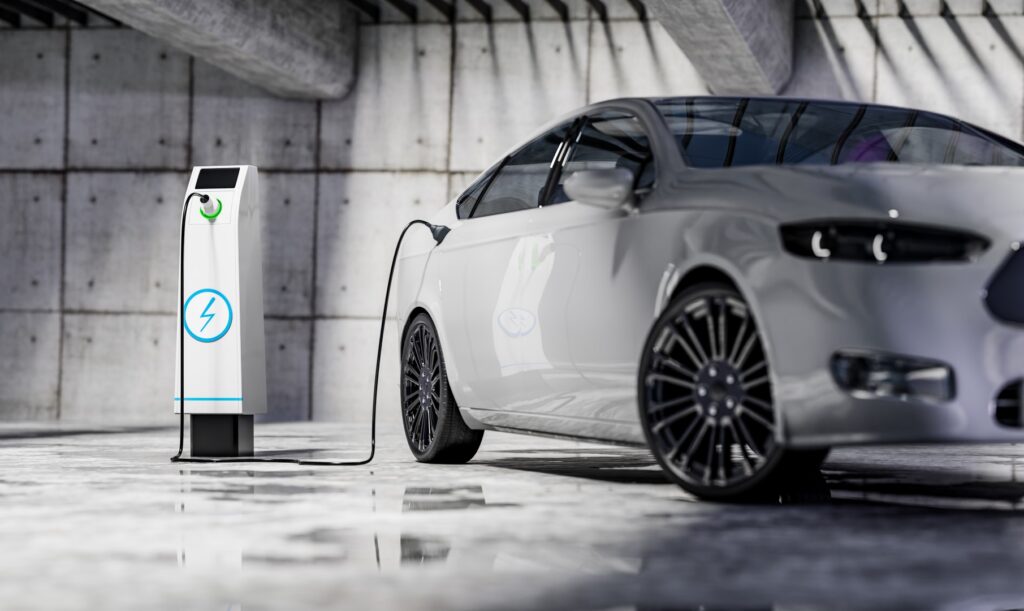In recent years, electric cars have become more popular as a greener alternative to traditional gasoline-powered vehicles. But what is the impact of electric cars on the environment? In this article, we will explore the benefits and drawbacks of electric cars in terms of their impact on the environment.

The Benefits of Electric Cars
One of the main benefits of electric cars is that they produce zero emissions while driving. This means that they do not release pollutants such as carbon monoxide, nitrogen oxides, and particulate matter, which can harm both human health and the environment. According to the International Energy Agency, electric cars produce on average less than half the amount of carbon dioxide emissions compared to traditional gasoline-powered cars. This reduction in emissions can help to mitigate the effects of climate change.
Another benefit of electric cars is that they can be powered by renewable energy sources such as wind or solar power. This means that they have the potential to be completely carbon neutral, which would make them an even more environmentally friendly alternative to traditional vehicles. Additionally, electric cars can also help to reduce our dependence on fossil fuels, which are a finite resource.
Electric cars can also be more energy efficient than traditional cars. This is because electric motors convert over 75% of the electrical energy from the battery into power to drive the car, while gasoline-powered engines only convert around 20% of the energy from gasoline into power. This means that electric cars can travel further on the same amount of energy compared to traditional cars, which can help to reduce overall energy consumption.
The Drawbacks of Electric Cars
While electric cars have many benefits in terms of their impact on the environment, there are also some drawbacks to consider. One of the main challenges facing electric cars is their range. Currently, most electric cars have a range of around 100-300 miles on a single charge, which is significantly less than the range of traditional gasoline-powered cars. This can make electric cars impractical for long-distance driving and can also cause range anxiety for drivers.
Another drawback of electric cars is their charging infrastructure. While there are now more charging stations available than ever before, the charging network is still not as extensive as traditional gas stations. This means that drivers may need to plan their journeys carefully to ensure that they can find a charging station when needed. Additionally, charging times for electric cars can be longer than filling up a traditional car with gasoline.
Finally, the production of electric cars also has an environmental impact. The batteries used in electric cars are made from materials such as lithium, cobalt, and nickel, which are mined from the earth. The production of these materials can have a negative impact on the environment, and there are also concerns about the disposal of batteries at the end of their life cycle.
Overall Impact of Electric Cars on the Environment
Despite the drawbacks, electric cars have the potential to have a positive impact on the environment. According to a report by the Union of Concerned Scientists, electric cars produce less global warming emissions than the average new gasoline-powered vehicle, even when you take into account the emissions from battery production and electricity generation.
Additionally, as the world transitions to renewable energy sources such as wind and solar power, electric cars will become even more environmentally friendly. As the electricity grid becomes decarbonized, electric cars will produce fewer emissions during their lifecycle.
In terms of range and charging infrastructure, these challenges are being addressed as electric cars become more popular. The range of electric cars is increasing, and there are now more charging stations available than ever before. Additionally, advancements in battery technology are making it possible to charge electric cars more quickly.

Conclusion
Electric cars have the potential to have a positive impact on the environment by reducing emissions and our dependence on fossil fuels. However, there are still challenges to overcome, such as range anxiety and the environmental impact of battery production.

